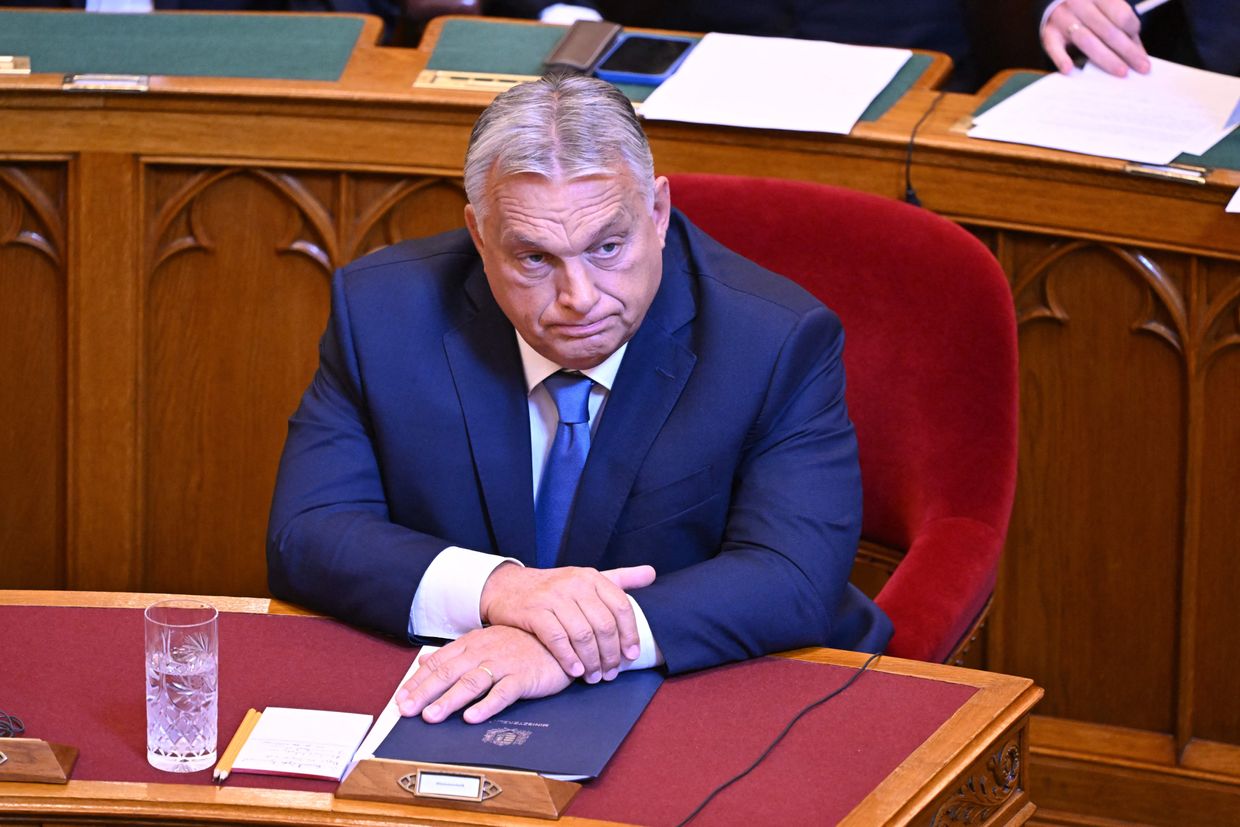FT: NATO's B9 group considers barring Hungary from meetings.
Support independent journalism in Ukraine. Join us in this fight.
Become a member Support us just onceDiplomats of the Bucharest Nine (B9), a group of central and eastern European NATO allies, discussed a possibility of excluding Hungary from future meetings of the club, the Financial Times (FT) reported on June 11, citing its undisclosed sources. The Bucharest Nine is a group of central and eastern European NATO members, namely Bulgaria, Estonia, Latvia, Lithuania, Poland, Romania, Slovakia, Hungary, and the Czech Republic. It was established in 2015 in light of Russia's aggression against Ukraine in Crimea and Donbas.
Riga will host the B9 summit on June 11. NATO Secretary General Jens Stoltenberg is expected to join the leaders. At recent meetings, Hungary vetoed the group's joint conclusions on increasing aid for Ukraine and approving any steps related to Kyiv's NATO membership, the FT wrote.
One of the newspaper's sources described the discussions at gatherings as "tough," saying that it will be difficult to organize future meetings if they do not become more collaborative. Budapest once again refused to support the draft statement agreed upon by other countries, the officials told FT. The discussions about Hungary's exclusion from the club are "very serious," another source said.
"We are likely meeting in this format for the last time," one of the people told the FT. Budapest has repeatedly opposed Ukraine's accession to NATO and the EU, sanctions on Russia, undermined Western aid efforts for Ukraine, and maintained close relations with Moscow throughout the full-scale war. Hungarian Prime Minister Viktor Orban claimed in late May that NATO's current direction might result in a clash with Russia, adding that Budapest is working to redefine its position in NATO so that it could refrain from any actions outside of the alliance's territory.
FT: Hungary holding up EU's use of frozen Russian assets for Ukrainian defense
Hungary is holding up legislation that would allow the European Union to send billions of dollars in profits from frozen Russian assets for Ukrainian aid, according to a report by the Financial Times.
